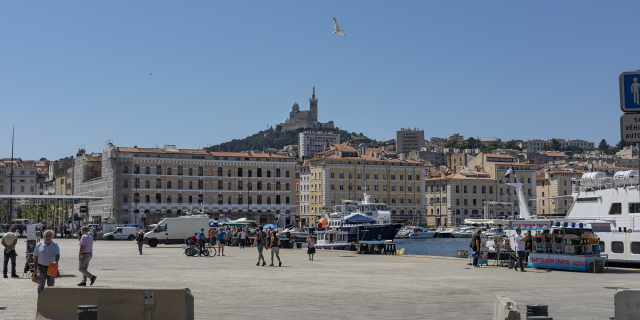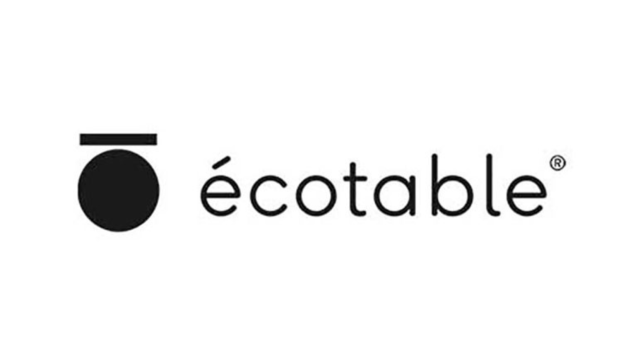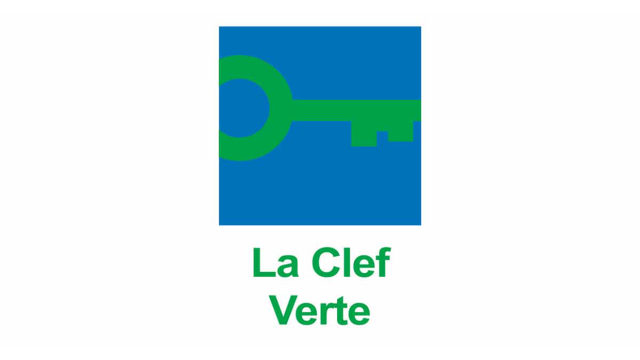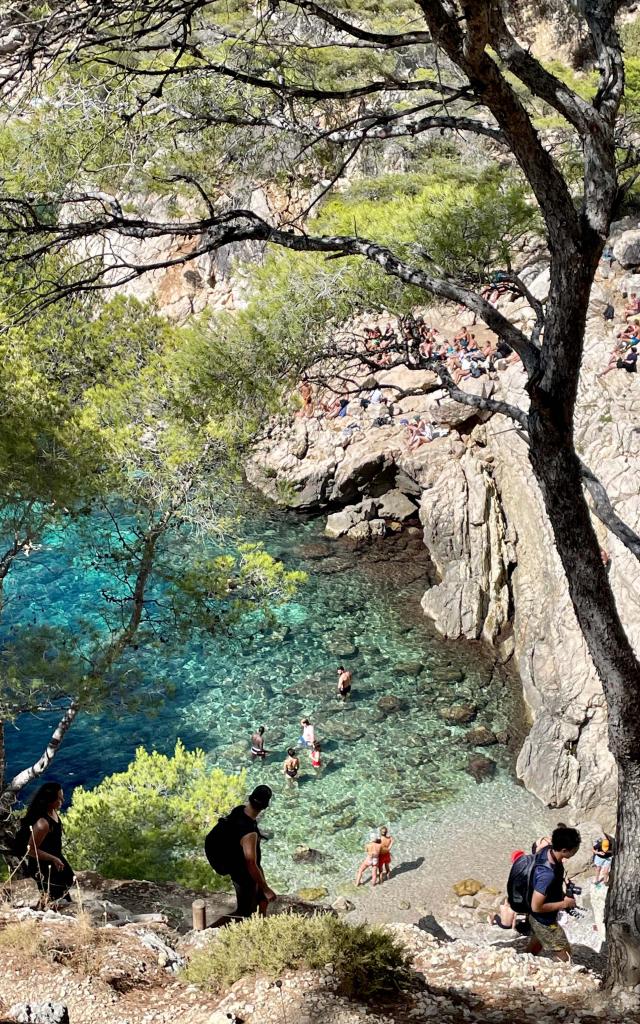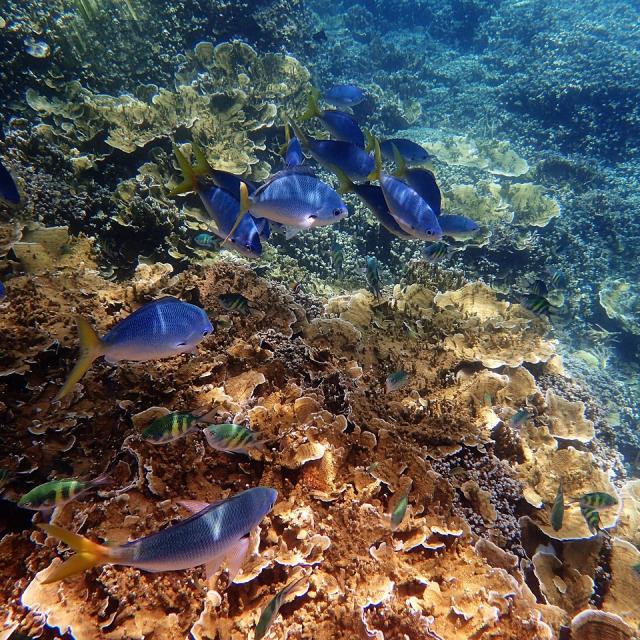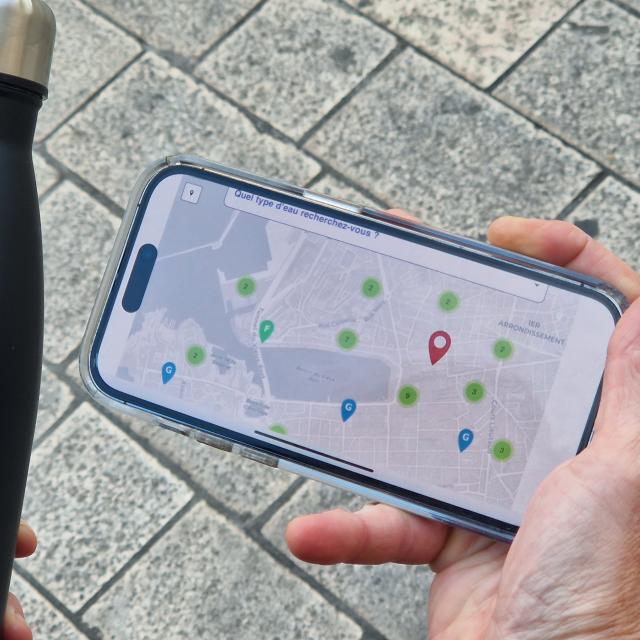What is sustainable tourism?
Definition
According to the World Tourism Organisation (UNWTO), sustainable tourism is ‘tourism that takes full account of its current and future economic, social and environmental impacts, by meeting the needs of visitors, professionals, the environment and host communities’ (source ATD). Its aim, defined by Agenda 21 in 1992, is to “make the improvement of environmental and social conditions resulting from the development of tourism compatible with the maintenance of development capacities for future generations”.
All those involved in tourism can envisage a sustainable tourism approach by integrating the 3 principles of sustainable development: environmental, economic and social, into their management or the services they offer. Sustainable tourism must develop long-term ecological solutions by making optimum use of environmental resources, preserving essential ecological processes and helping to safeguard natural resources and biodiversity. Solutions must also be economically sustainable by ensuring economic activity (job creation, wage stability, profit opportunities and social services for host communities). But it is also ethically and socially equitable in terms of preserving the socio-cultural identity of the host populations, their traditions and the conservation of their cultural and living heritage.
Accommodation providers, restaurateurs, leisure professionals, towns and all those involved in tourism have a major role to play in developing the sector. They will have to make travellers aware of the problems of sustainability and then get them to participate in the change by proposing solutions that they can adopt in order to behave more responsibly.
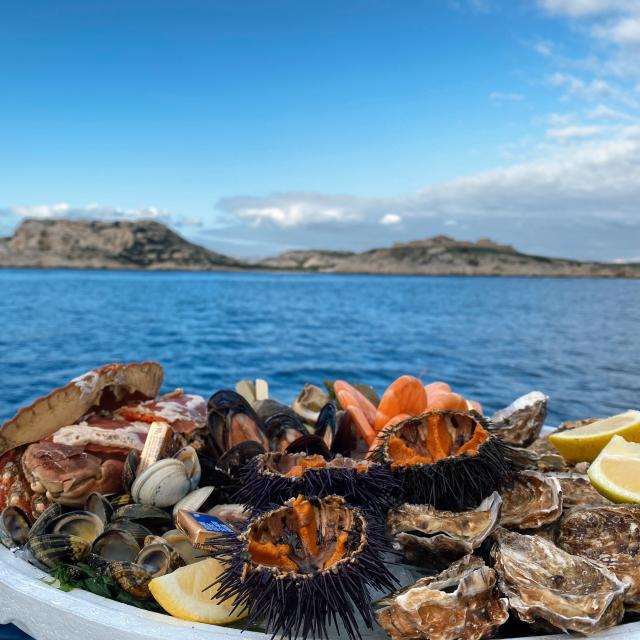
Marseille’s sustainable approach
The move towards sustainable tourism is rewarded by labels and certifications. Clef Verte, Ecolabel and Ecotable are the main labels awarded to accommodation and restaurant operators for their commitment to raising awareness of the environment, managing energy, water and waste, and using local products. Many of Marseille’s establishments have acquired these labels thanks to the guidance and support of the Office de Tourisme, des Loisirs et des Congrès (OTLCM) and the city. OTLCM has also obtained ISO 20121 certification and the Sustainable Innovative Destination label, making the city a destination capable of welcoming tourists in good conditions while limiting the negative impact of tourist activities.
